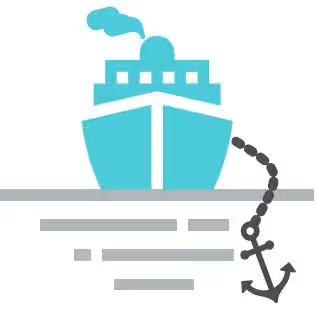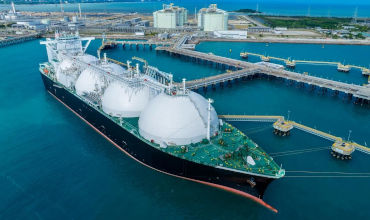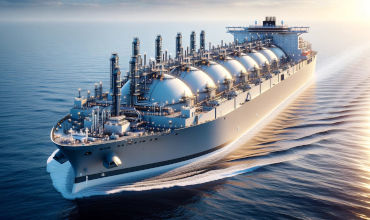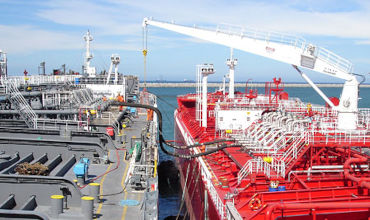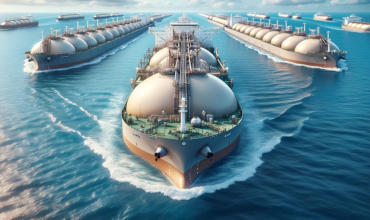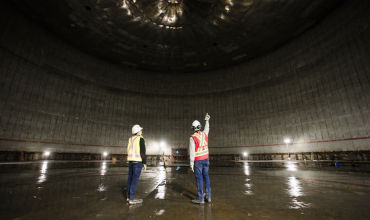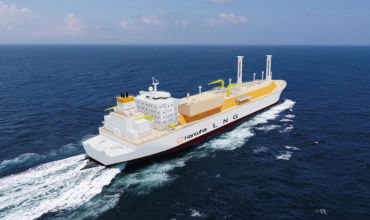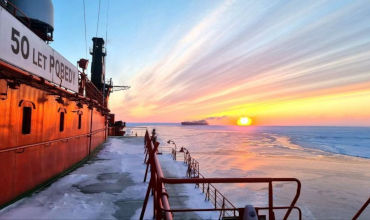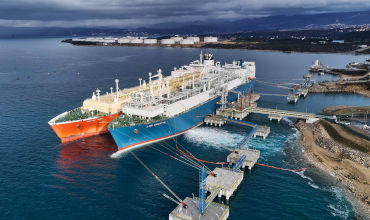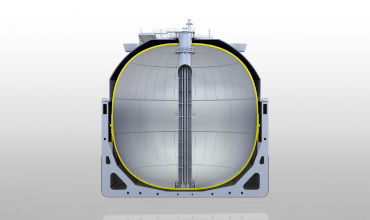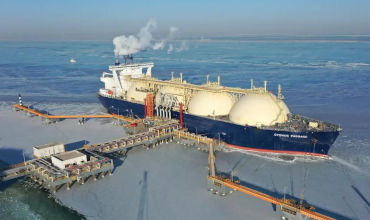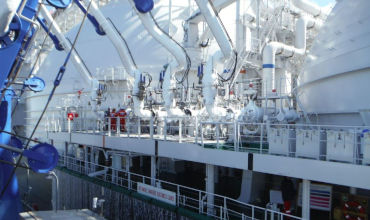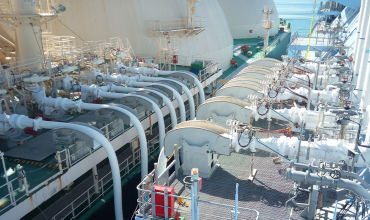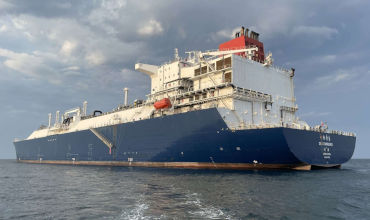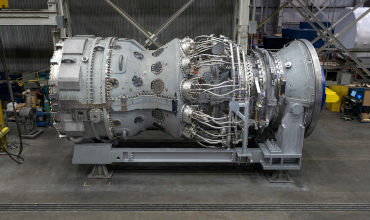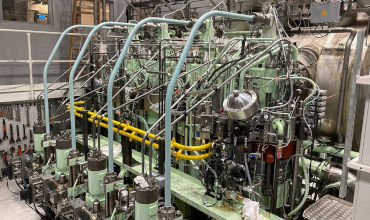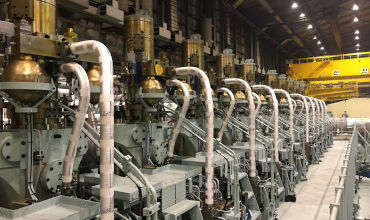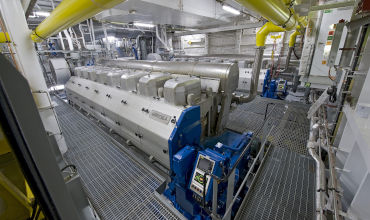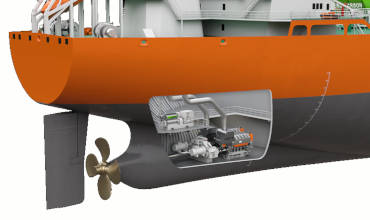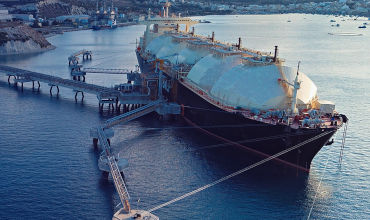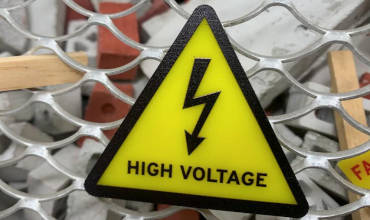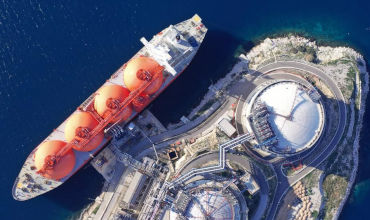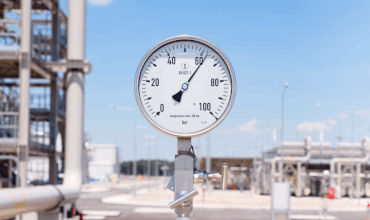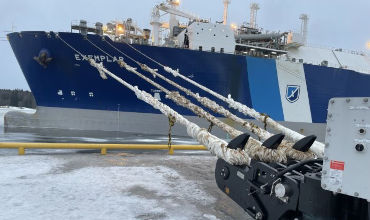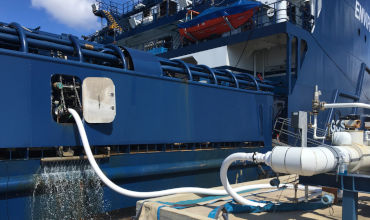LNG Fundamental Knowledge
This publication details the underpinning knowledge required for ship’s officers serving on liquefied natural gas carriers, as set out in SIGTTO’s “LNG Shipping Competency Standards“.
Freightage
LNG shipping knowledge encompasses a wide range of technical, operational and regulatory expertise essential for the safe and efficient transportation of liquefied natural gas (LNG). This field involves understanding the specialized design and engineering of LNG carriers, including the construction of cryogenic tanks that maintain LNG at extremely low temperatures. Professionals in this industry must be well-versed in the various containment systems, such as membrane and spherical tanks, which are crucial for preventing leaks and ensuring structural integrity during voyages.
Cargo Delivery
Moreover, LNG shipping requires comprehensive knowledge of international maritime regulations and safety protocols. This includes mastery of emergency response procedures, fire suppression systems, and emergency shutdown systems designed to protect both the vessel and its crew. Additionally, the efficient operation of propulsion systems and the management of cargo transfer processes are critical components that professionals must adeptly handle. As LNG continues to grow as a vital energy source, the knowledge and expertise in delivery of liquefied gas remain paramount for ensuring its global distribution is conducted safely, efficiently, and sustainably.
